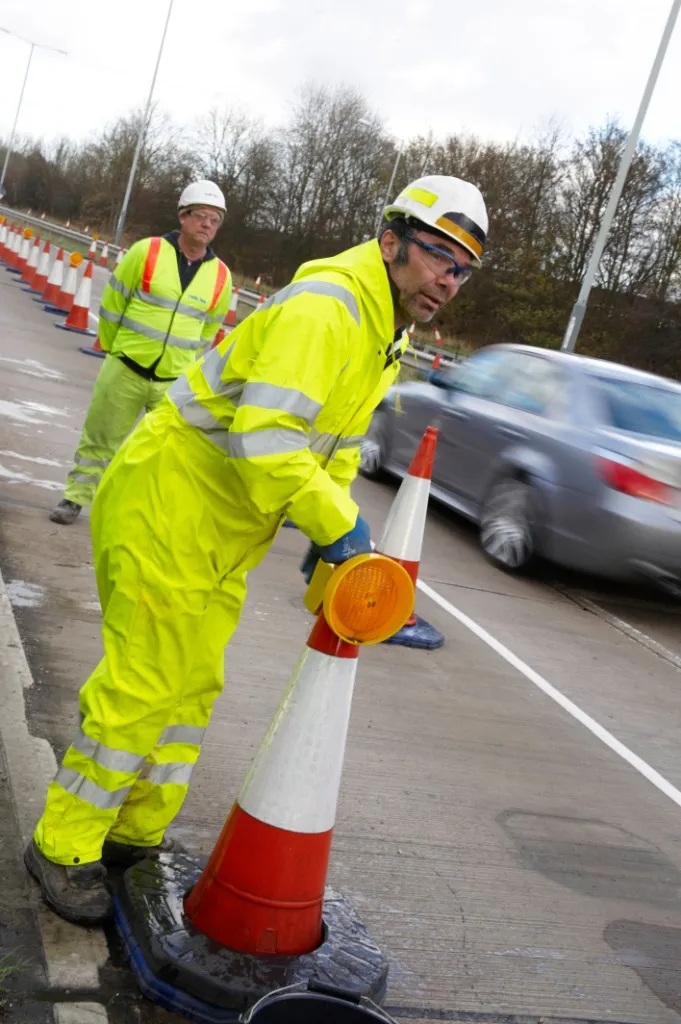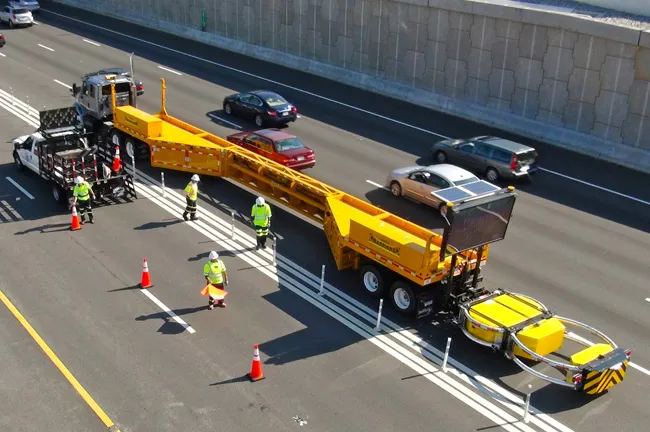
Highways England, the government-owned company responsible for modernising, maintaining and operating England’s motorways and major A roads, said it is acting on drivers’ frustration with roadworks.
Speed through motorway roadworks could be increased depending on what day of the week they are travelling.
The decision follows earlier trials to increase the speed limit through roadworks from 80kph to more than 95kph.
“The speed could be increased to [95kph] on a Sunday if there is less activity taking place and then brought back down to [80kph] when road workers are working within a few feet of passing traffic,” Highways England said in a written statement.
It is also exploring if different speed limits could operate within one set of roadworks. This could mean people commute to work on one carriageway at 80kph as they are nearer the workforce, but drive home on the other carriageway at 95kph as the road workers are further away.
Jim O’Sullivan, chief executive of Highways England, said the agency is aware of people’s concerns. “At the same time we have to ensure as they drive through them that they, and our road workers, are safe. So we are always thinking of new ways to improve journeys at the same time as keeping everyone as safe as we can. That is why over the next 12 months we will test changes to the design and operation of roadworks,” he said.
During roadworks narrow lanes are installed to provide a safe working area for the workforce. Highways England said that by doing this as many lanes as possible can remain open to traffic. Highways England operates an 80kph or lower limit in narrow lanes. But this year it will test whether it is safe to operate at 95kph in certain circumstances. This might include consideration of the width of the narrow lanes or the type of temporary safety barriers.
The trials are outlined in the company’s recently published Delivery Plan Update for 2018/19. The plan sets out how the company is delivering the government’s five-year €17 billion road investment programme that ends in 2020.
It also includes the goals of preventing 200 deaths or serious injuries by 2020 and more working overnight to reduce the impact on road users during the day. From March 2017 to February this year 85% of roadworks were completed overnight, a 5% increase from a year earlier.








